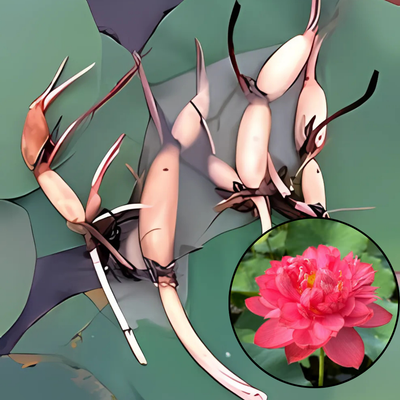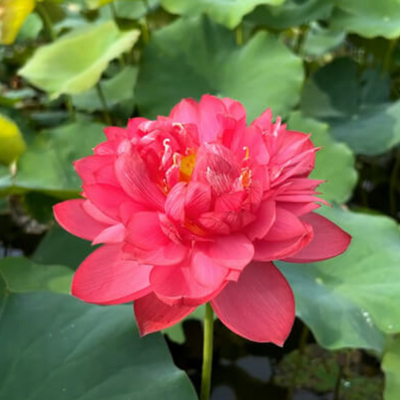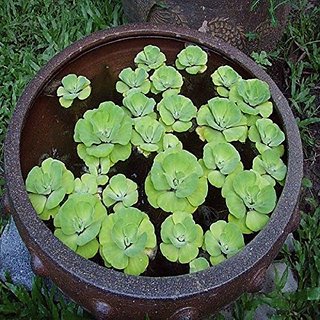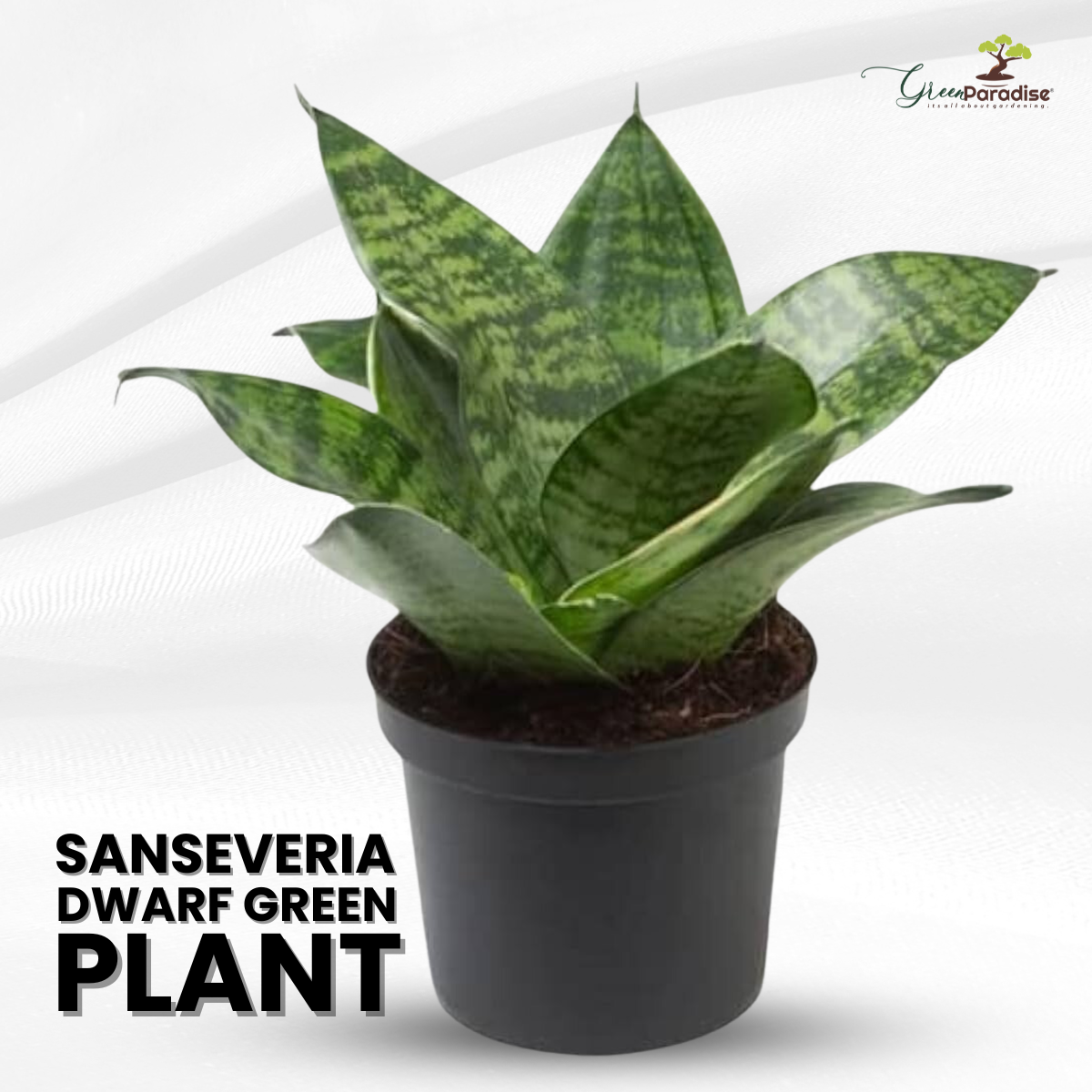
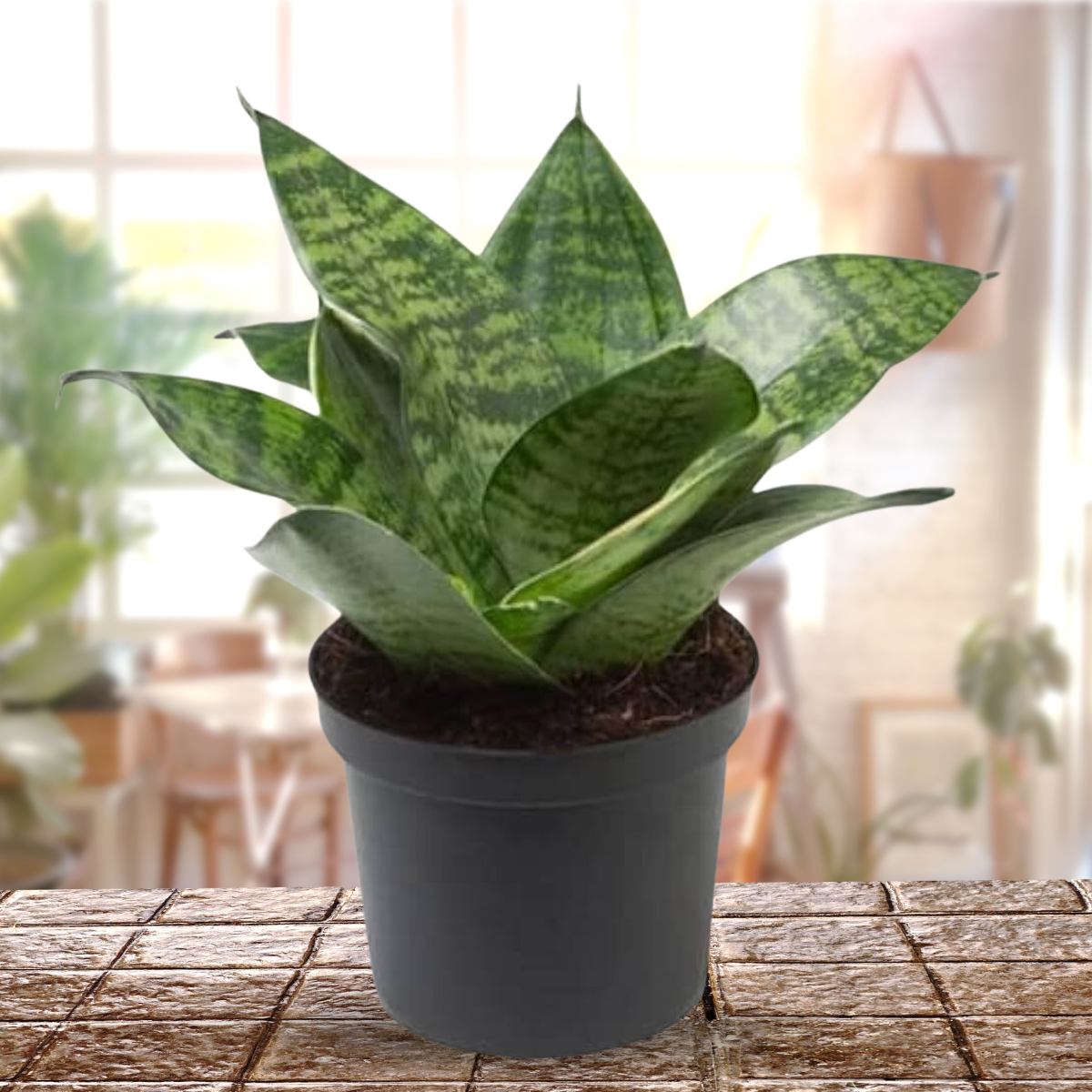
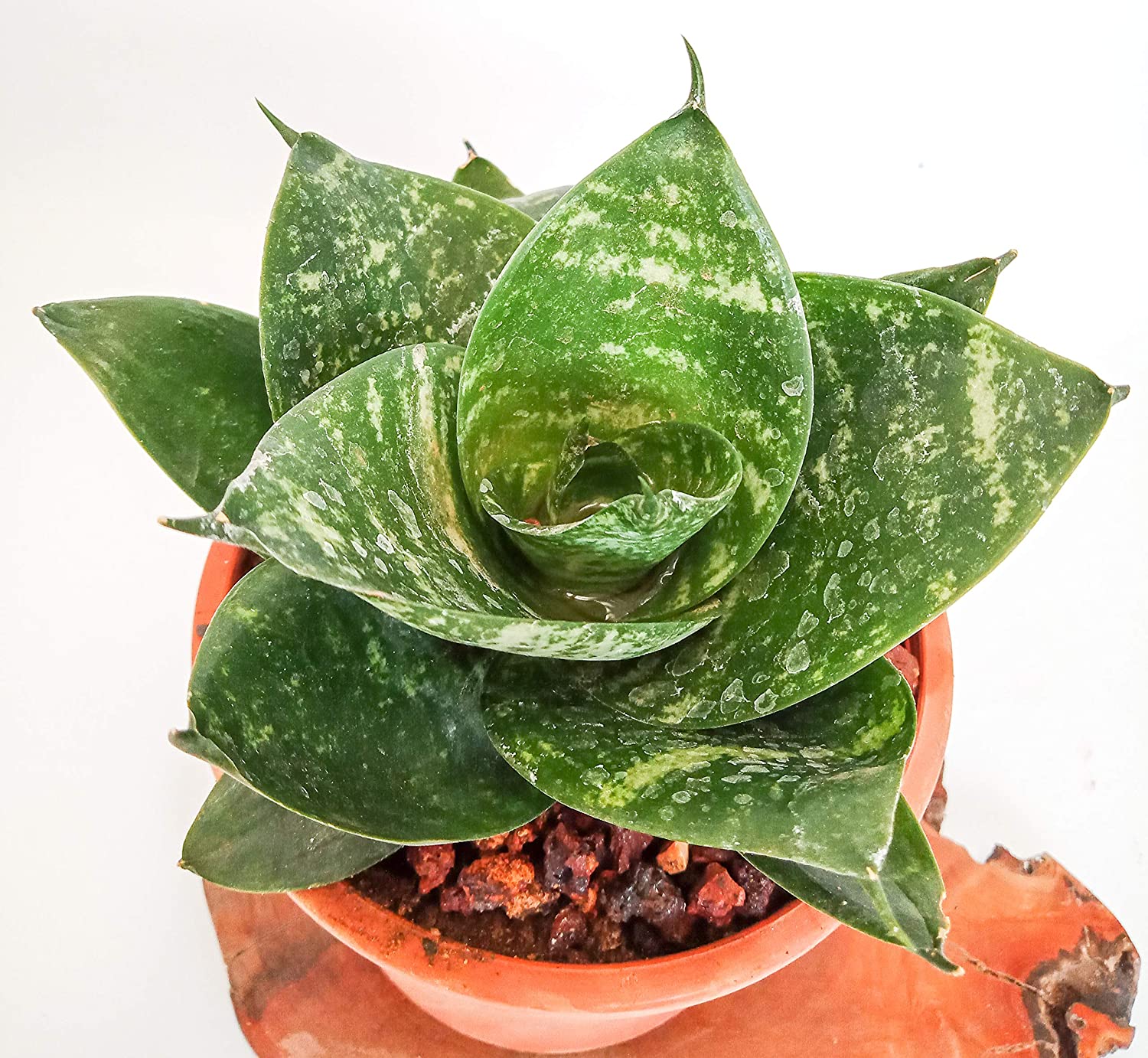
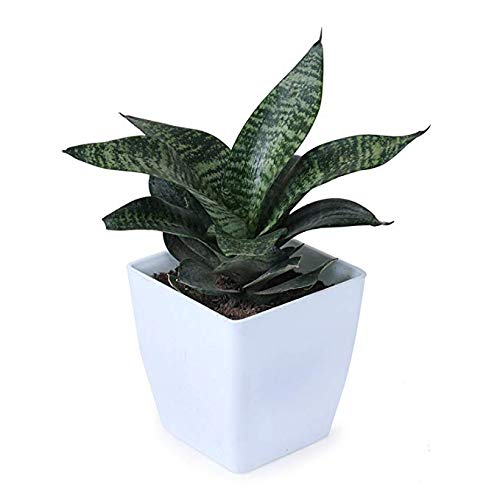
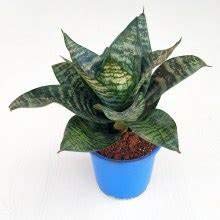
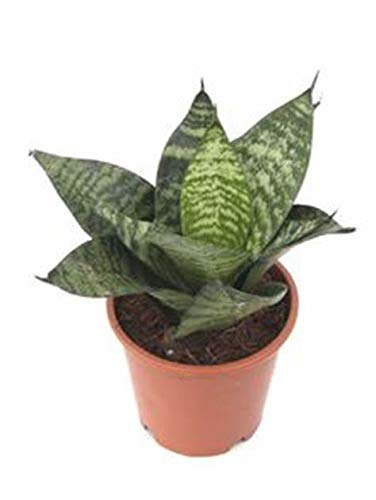
Air Purifier Senseveria live and Healthy Plant For Indoor
Guaranteed Safe Checkout
Green Paradise offers Beautiful Air Purifier Senseveria Plant For Indoor
About Air Purifier Senseveria Plant
The Air Purifier Sansevieria plant, also known as Snake Plant or Mother-in-Law's Tongue, is a popular houseplant that is highly regarded for its air-purifying qualities. It belongs to the genus Sansevieria and is native to tropical regions of West Africa. The plant is characterized by its long, sword-shaped leaves that grow upright and have green coloration with variegated patterns of yellow or white.
The Air Purifier Sansevieria is often recommended as an indoor plant because it has the ability to remove toxins from the air. It has been extensively studied by NASA for its ability to improve indoor air quality by filtering out harmful substances such as formaldehyde, benzene, xylene, toluene, and trichloroethylene. These chemicals are commonly found in household products, paints, varnishes, and cleaning agents, and can have adverse effects on human health.
One of the reasons the Air Purifier Sansevieria is effective in air purification is its unique ability to convert carbon dioxide into oxygen at night. Most plants release carbon dioxide at night, but the Sansevieria plant continues to produce oxygen, making it an ideal choice for improving indoor air quality while you sleep.
In addition to its air-purifying properties, the Air Purifier Sansevieria is a low-maintenance plant, making it suitable for both beginner and experienced gardeners. It thrives in a wide range of indoor conditions and can tolerate low light levels, making it suitable for various areas of the home or office. It is a hardy plant that can withstand neglect and irregular watering.
To care for an Air Purifier Sansevieria, it is important to provide it with well-draining soil and avoid overwatering, as this can lead to root rot. Allow the soil to dry out between waterings and avoid standing water in the pot. The plant enjoys bright, indirect light but can handle low light levels as well. Regular dusting of the leaves is recommended to keep them clean and free from debris.
Overall, the Air Purifier Sansevieria is a beautiful and functional plant that not only adds a touch of greenery to indoor spaces but also helps to improve the air quality by removing harmful pollutants.
How To Grow Air Purifier Sansevieria Plant
Sansevieria, commonly known as snake plant or mother-in-law's tongue, is a popular houseplant that is known for its air-purifying properties.
Here's a guide on how to grow an air purifier Sansevieria plant:
Choose the right variety:
There are several varieties of Sansevieria, but for air purification, consider selecting a variety like Sansevieria trifasciata or Sansevieria laurentii, as they are known to be effective in removing toxins from the air.
Lighting:
Sansevieria plants are adaptable and can tolerate a range of lighting conditions. Still, they thrive stylishly in bright, circular light. Place your plant near a window where it can receive moderate to bright light throughout the day. Direct sunlight, which can scorch the foliage, should be avoided.
Temperature and humidity:
Sansevieria plants prefer average room temperatures between 60°F (15°C) and 85°F (29°C). They can tolerate slightly cooler or warmer temperatures as well. They are not very demanding when it comes to humidity and can adapt to normal household humidity levels.
Watering:
Sansevieria plants are drought-tolerant and can survive in low-water conditions. Between waterings, allow the soil to dry out. Water your plant thoroughly, but make sure not to overwater as it can lead to root rot. Between waterings, allow the soil to dry out.
Soil:
Use a well-draining potting mix for your Sansevieria plant. It is best to use a mixture of potting soil, perlite, and gritty sand. Ensure that the pot has drainage holes to prevent water from sitting in the bottom.
Potting and repotting:
When potting your Sansevieria, choose a pot that is slightly larger than the root ball. Repot the plant every 2-3 years or when it becomes root-bound. Spring is generally a good time for repotting.
Fertilizer:
Sansevieria plants are not heavy feeders. Feed them with a balanced, diluted liquid fertilizer once a month during the growing season (spring and summer). Avoid fertilizing during downtime when the factory is dormant.
Pruning:
Sansevieria plants do not require much pruning. However, you can trim off any damaged or yellow leaves to maintain the plant's appearance.
Propagation:
Sansevieria can be propagated through leaf cuttings or division. Leaf cuttings can be taken by cutting a healthy leaf into sections and planting them in a well-draining potting mix. Division involves separating the plant into smaller clumps with roots and repotting them.
Cleaning the leaves:
Sansevieria leaves can collect dust over time, which can hinder their air-purifying abilities. Wipe the leaves with a damp cloth occasionally to keep them clean and free from dust.
Remember that Sansevieria plants are generally low-maintenance and can tolerate neglect. With proper care, they can thrive and contribute to cleaner indoor air.

